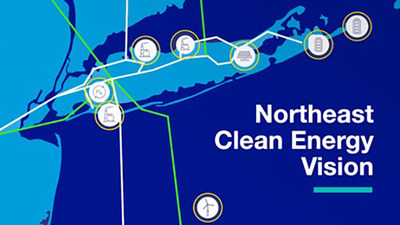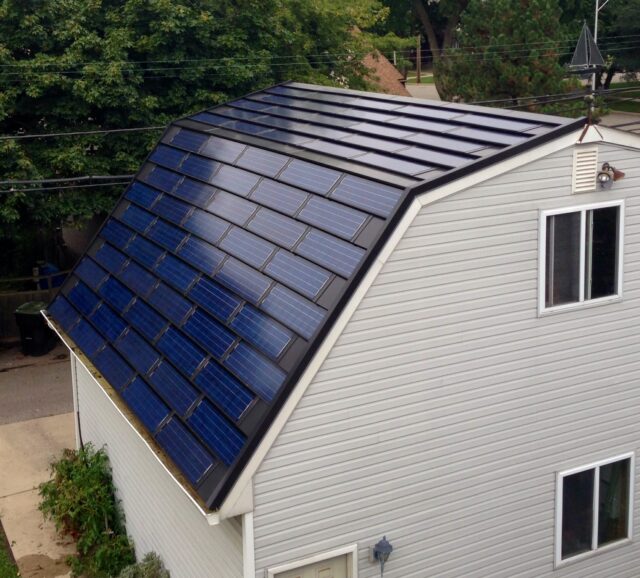
Solar panels are a great option for homeowners who want to add solar power to their homes. This article will discuss tax credits and permits as well as cost- and perk information. Based on your requirements, you will be capable of determining if solar panels would work for you.
Tax credits
The state of Texas offers a number of incentives for solar panel installation. These include property tax exemptions, utility rebates, and net metering. This allows property owners to sell their energy back to the grid, and get money back in their next billing cycle. However, the above may not apply to all customers. You should check with your utility company to learn more.
Texas utilities offer rebates for installing solar panels and battery backup systems. Incentives can range from $0.40 up to $0.80 per Watt. You can get a rebate up to $30,000. It must not exceed 50% of the total cost of the installation. A solar panel backup battery can greatly increase the rebate.
Permits
Before you can mount solar panels to your roof, you need a permit. Many jurisdictions have a process for submitting applications and approving permits online. You can send an email, or use a self-verification process. Either way, the process should save time for everyone involved. Even though the process is complicated, it is possible automate most of it using the assistance of solar providers.

After you have submitted your permits, you must plan your solar design. Your plans might need to be modified if you wish to change the dimensions or the location of your panels. You will also need to reapply to your permits and pay for them again if there are any changes to the plan. Solar permits can be complicated so it is important to start early and consult a solar installer who is experienced.
Perks
Texas has many incentives for solar energy owners. Some incentives are linked to the specific region, while others are specific cities. You can find out about these incentives by contacting your local utility company. For example, if you live in a municipality that offers net-metering, you can benefit from the incentive to save money.
Aside from lowering your energy bills, installing solar panels can also increase the value of your home. Your home could appreciate as high as $3 per watt, depending on how big it is and how installed. Your home could gain an additional $15,000 to $15,000.
Cost
It is possible to wonder how much solar panel installation costs in Texas if you live there. The prices for solar panels are calculated using averages across the state. They may differ slightly in each area. However, the good news is that you can get a substantial tax credit. In fact, the federal government is offering a 30% tax credit for solar panels that are installed in new buildings before December 31, 2020. An average six-kW system can get this credit for anywhere from $4,284 up to $5,652. Retailers offer energy buyback programs that credit your energy bills with the energy you have returned.
Texas residents may earn up $2,500 in rebates despite the relatively high initial cost of a panel. Austin Energy, for instance, offers a solar tariff valued at $0.097 per kilowatt hour generated by solar panels. This is a significant amount, especially considering the state has high levels of sunlight. Garland Power and Light and City Sunset Valley both offer rebates. You can also pay upfront and get rebates offered by local utilities.

Installation
Texas's energy mix includes a lot of solar energy. These include both utility-scale solar power plants as well distributed solar energy, mainly via rooftop photovoltaics. The state's western region has vast open land that is home to some of the best solar and wind opportunities in the country. It is therefore ripe for wind and solar energy installations.
Permits are required before installing solar panels in Texas. These permits may be obtained through solar contractors. It is vital to have the permits in place, as failing to obtain them may lead to fines and delays. Also, you will need to get approval from your electricity provider. This is necessary to ensure safety and enroll your solar system into your local net meters program. Interconnection fees may be charged by your utility company, which can range from $25 to $500. However, most cases the cost is under $150.